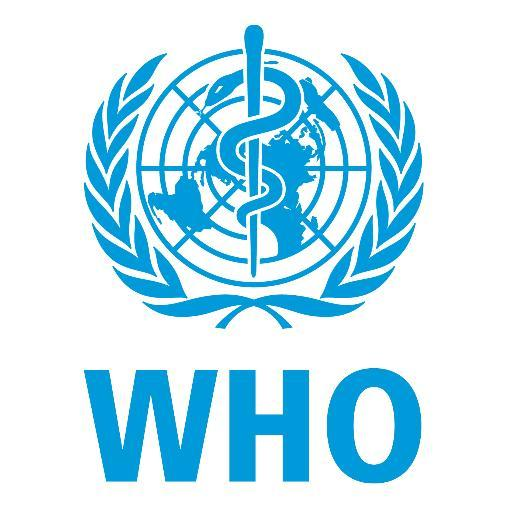WHO rehabilitate 23 health facilities in Borno, Adamawa, Yobe

Doosuur Iwambe, Abuja
As part of its efforts to strengthen the weakened healthcare system in the north-east, the World Health Organization (WHO) is rehabilitating 23 selected health facilities in Borno, Adamawa and Yobe states.
According to the WHO, the development which will enhance healthcare service delivery that would benefit up to 150,000 people in the affected state will be carried with funding support from the European Union and Global Affairs Canada.
In a statement made available to journalists, the WHO Officer in Charge to Nigeria, Dr Clement Peter said that strengthening the healthcare system was a top priority of organisation health emergency response in north-east Nigeria.
He said, “WHO is embarking on building the capacity of human resource for health, structural rehabilitation and provision of equipment to strengthen healthcare delivery in the north-east Nigeria where insurgency had devastated services for a decade.
“Out of the 23 health facilities to be rehabilitated, nine will undergo comprehensive structural renovation: four primary healthcare facilities in Yobe, four in Adamawa and one secondary healthcare facility in Borno.
This entails structural rehabilitation and renovation of the health, sanitary facilities and provision of equipment, drugs and medical supplies”.
The WHO Emergency Manager in the north-east Dr Collins Owili had revealed that most of the health facilities in the listed states were either partially destroyed by insurgents or over-stretched as a result of population displacements in the north-east region.
“In Yobe state, for example, the Kukar Gadu Primary Health Centre, hitherto, had the capacity to provide healthcare services for more than 11,000 persons, but due to recent population displacement, the facility had to cater for more than 21,000 persons including internally displaced persons currently living in Kukar Gadu community,” said Dr. Owili.
He added that after the implementation of the WHO intervention, the capacity of the Kukar Gadu centre will be increased enabling more than 20,000 persons to have access to adequate medical treatment.
“The rehabilitated health facilities will contribute to providing comprehensive care of children’s health, reproductive health, and treatment of severe and moderately acute malnutrition cases in addition to vaccination”.
Through this rehabilitation initiative, WHO will enable people in need in Borno, Adamawa and Yobe to have access to good health care services. “We are grateful to WHO, the European Union and Global Affairs Canada for their contribution to improving access to health care services for our communities” said Yusuf Abdulahi, Officer-in-charge of the health facility.







